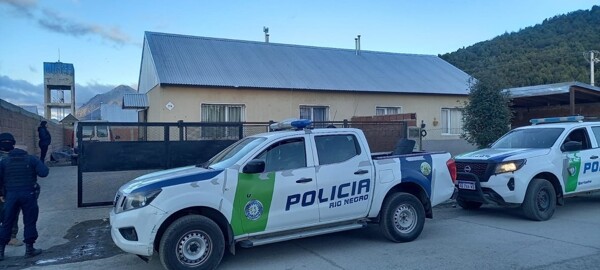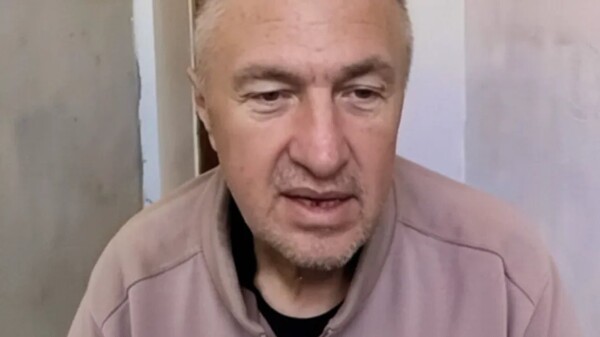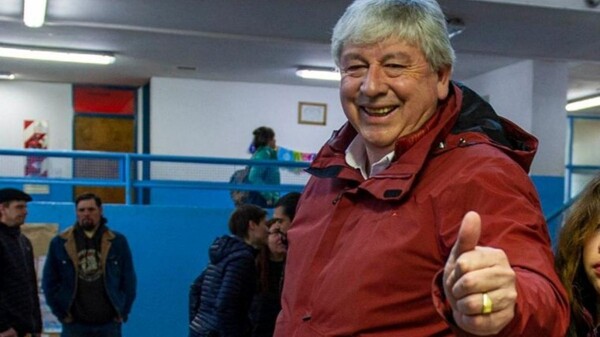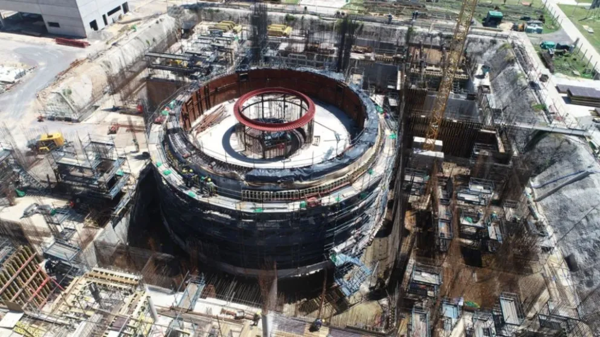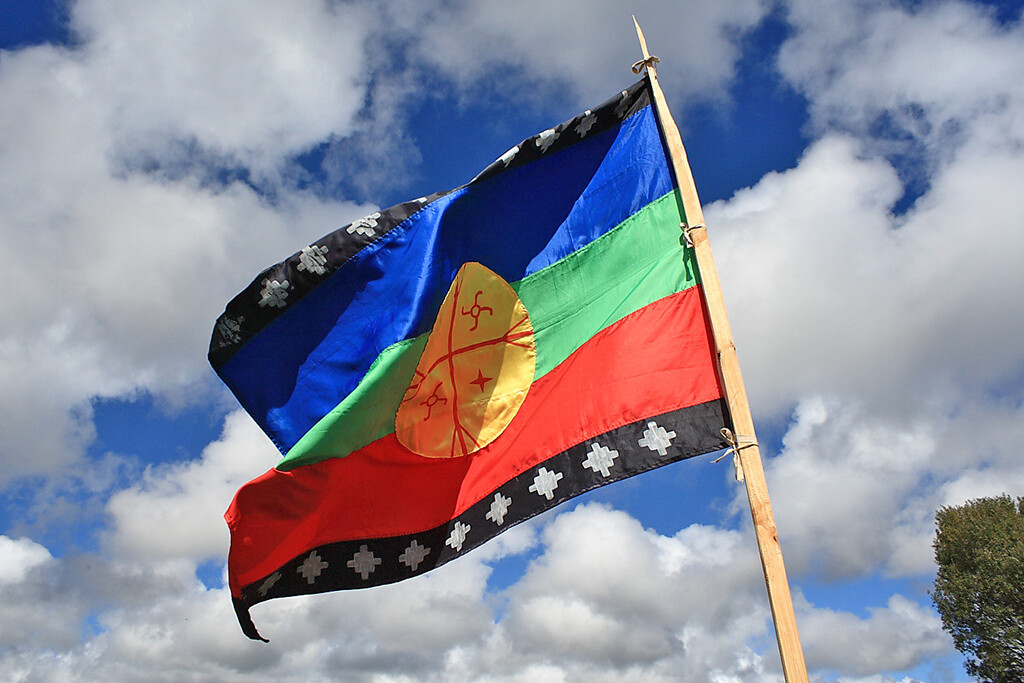
In the second trial of the Lafken Winkul Mapu community, which took place in the Federal Oral Court of General Roca, the accused refuted the allegations with historical and logical arguments. According to the defense, the accusers were responsible for the worst atrocities. Marcela Cano, a teacher and member of the Union of Education Workers of Río Negro, and a member of the Multisectoral against Police Repression of Bariloche, concluded as a witness for the defense, detailing the injustices suffered by the community and the difficulties in the judicial process.
Cano recounted how lawyers Laura and Rosario were gassed while trying to protect Mapuche ceremonies on the shores of the lake. It was noted that she responded to the accusers' questions firmly, challenging the allegations of usurpation and emphasizing the idea of recovery. The defense lawyers expressed confidence that any condemnation would be a clear violation of legality.
The Mapuche leaders, Gabriel Nahuelquir and Carlos Curruhuinca, demonstrated their leadership and knowledge of the realities of their communities. The importance of their testimony in the trial was highlighted. The suffering of children was also mentioned, and national and international support for the community and their lawyers was requested.
It was reported that during the trial, 40 witnesses for the accusations were presented, mostly police officers and members of National Parks, whose statements did not benefit the accusers' objectives. The defense denounced harassment and highlighted the solidity of the testimonies based on ancestral history and the worldview of the affected community.
The trial was divided into two parts to charge crimes against community members. A ruling was expected from the Judge on the 26th, after hearing the final words of the accused. The next hearings were scheduled for May, including an on-site inspection of the events. The defense reiterated the accused's conviction in their right to occupy ancestral territory.











